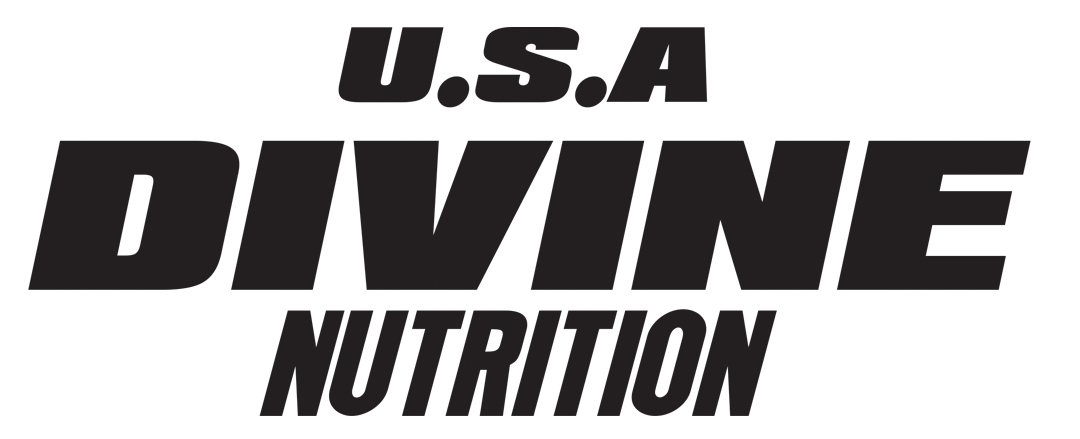Calcium is a vital mineral for overall health, but its role in enhancing your fitness routine might not be as well-known. Let's explore how calcium, a nutrition essential, can benefit your fitness endeavours.
Muscle Contraction
Calcium plays a pivotal role in muscle contraction, which is fundamental for any form of physical activity. When you engage in exercises, especially strength training and resistance exercises, calcium ions are released from the sarcoplasmic reticulum in your muscle cells. These ions bind to proteins, enabling muscle fibres to contract. Without sufficient calcium, your muscles may not function optimally, leading to reduced workout performance.
Bone Health
Strong bones are essential for withstanding the demands of weight-bearing exercises and high-impact activities. Calcium is a primary component of bone structure, and it's crucial for maintaining bone density and strength. Adequate calcium intake can help prevent conditions like osteoporosis and reduce the risk of exercise-related injuries, such as stress fractures.
Muscle Recovery
After an intense workout, your muscles go through a repair and recovery process. Calcium contributes to this by facilitating the replenishment of muscle glycogen, which is an important energy source during exercise. Proper muscle glycogen restoration is essential for optimal recovery between workouts.
Nerve Function
Calcium is also essential for nerve function. During exercise, your nervous system sends signals to your muscles to contract and coordinate movement. Sufficient calcium ensures that these nerve impulses are transmitted effectively, leading to better muscle control and performance.
Blood Clotting
Although not directly related to fitness routines, calcium is critical for blood clotting. In the unfortunate event of an injury during exercise, your body needs calcium to form blood clots to stop bleeding. Maintaining adequate calcium levels can be important for safety during physical activity.
Cardiovascular Health
Your heart is a muscle, and like other muscles, it relies on calcium for proper contraction. Adequate calcium intake supports heart health by ensuring normal cardiac function. This can contribute to improved cardiovascular endurance during aerobic exercises.
Hormone Regulation
Calcium also plays a role in hormone regulation, including those related to metabolism and muscle growth. Proper hormone balance can aid in fat loss and muscle development, which are common fitness goals.
Electrolyte Balance
Calcium is considered an electrolyte, along with sodium, potassium, and magnesium. Electrolytes help regulate fluid balance in your body, which is essential for maintaining hydration levels during exercise, especially in hot or strenuous conditions.
Overall Energy Levels
Calcium is involved in energy metabolism and can influence your overall energy levels. Ensuring you have enough calcium can help prevent fatigue and support consistent workout performance.
Prevention of Cramps and Muscle Spasms
Adequate calcium intake may help prevent muscle cramps and spasms, which can be common during and after exercise.
Divine Nutrition’s Super Calcium
Super Calcium dietary supplements, which contain both vitamin D and calcium, help ensure the body has enough of both nutrients to support healthy bone and tooth development as well as other essential functions. It's important to remember that while calcium supplements can help maintain healthy calcium levels in the body, it's also important to eat calcium-rich foods like dairy products, leafy greens, and fortified foods to get enough calcium.
Conclusion
In short, vitamin D and calcium are essential nutrients that work together to support healthy bones and teeth. Divine Nutrition's Super Calcium supplements, which contain both nutrients, help ensure the body has enough of each to support the proper absorption and use of calcium in the body. Vitamin D is an essential nutrient that plays a key role in many aspects of health, including bone health, immune system function, cardiovascular health, and brain health. To maintain optimal health, it's important to make sure you're getting enough vitamin D through diet, sunlight, or supplements.
It's important to note that while calcium is essential, it should be obtained through a balanced diet that includes dairy products, leafy greens, nuts, and fortified foods. If you have concerns about your calcium intake or suspect a deficiency, consult with a healthcare professional or registered dietitian who can provide personalised guidance based on your fitness goals and dietary preferences.
















